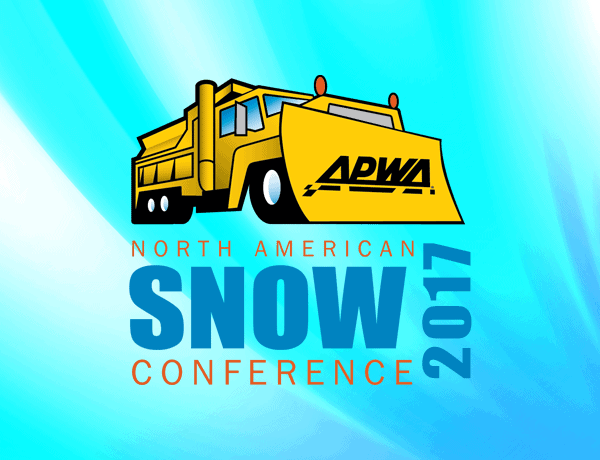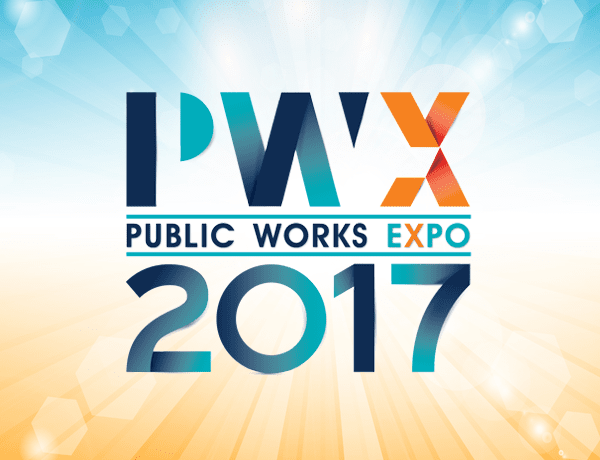Video
Members of the Fleet Services Committee will address the top ten most common and critical performance measures to a fleet manager's success: Developing Fleet Charge-Back Rates, Conducting Preventative Maintenance, Tracking…
Read MoreThe City of Fishers, Indiana Department of Public Works has developed an AVL (Automatic Vehicle Locating) system that utilizes the ESRI GIS platform. This cutting edge system allows the city…
Read MoreYou have spent months, even years, planning, designing and raising money to build your public works project. How do you keep the public and key stakeholders informed? How can you prepare them for the inevitable traffic congestion and unanticipated delays? How do you involve emergency responders so that they can plan around your project should a crisis occur? How do you share the project successes with the elected officials, yet shield them from any bumps in the road? In this session, you will learn from communications professionals how a successful public outreach process can turn concerned residents and businesses into supportive advocates during construction.Learning Objectives:Create a multi-faceted public information plan that starts before construction and lasts until completion.Build an information system that reaches different stakeholders, in different manners.Provide an interagency forum for disseminating information, planning for emergencies and getting critical feedback.
Read MoreIn 2016, the City of Surrey, British Columbia, opened a new operations center consisting of three fully enclosed buildings: a 114,000 square foot operations facility, a 54,000 square foot fleet and garage building, and a 14,000 square foot warehouse. The operations facility is LEED Silver Certified and is 40% more energy efficient than a typical operations building. The fleet building is designed to be completely operational after post-disaster conditions and to serve as an emergency operations centre. In 2017, Surrey will be the home of the first fully-integrated organics waste management system in North America. The system includes the existing collection of residential organics waste by a fleet comprised of 100% compressed natural gas vehicles (CNG). Everything is up-to-date in Surrey!Learning Objectives: Promote industry-leading projects in public works that will inspire others to follow suit.Demonstrate the potential public works has to make our communities efficient and sustainable.Generate ideas and innovations and promote resource-sharing among public works professionals and agencies.
Read MoreOne of air pollution's primary causes is transportation. According to the USEPA, over 90% of the fuel used in transportation is petroleum-based. When the combustion of oil occurs, 50% of the total emissions are NOx. Discover how your agency can retrofit existing asphalt and concrete pavements-enabling them to function as a catalyst for changing NOx into harmless levels of nitrates. By impregnating existing pavements with a specially formulated titanium dioxide membrane activated by the sun, the pavements become NOx mitigating surfaces. Now public works can become part of the solution to NOx off emissions.Learning Objectives: Identify the cause of and the associated costs for much of the existing air pollution.Negotiate with private partners to achieve win-win P3 agreements.Anticipate and mitigate risks when entering into a P3 for infrastructure development.
Read More A plant
that literally cracks concrete and asphalt will soon be cracking open the
wallets of American municipalities, landowners, and taxpayers. Japanese
knotweed is on the war path to dominate the landscape and expensive human
made structures cannot withstand its force! Billions of dollars of damage to
roads, bridges, building foundations, and sewer systems are coming down the
pipes (literally!) and can only be avoided with basic prevention measures.
The United Kingdom has been overrun and is currently trying to rally its
forces to combat this invasion, but the costs are totaling up to billions of
dollars their governments don't have. In North America, we have the
opportunity to get in front of this impending menace and, through prevention
of spread, keep our damage costs at a minimum. This plant is going to change
how municipalities do EVERYTHING, and you'll be one of the first in the
country to hear what's going to be happening on your turf in the coming
""Knotweed Apocalypse"". Discover what other countries have done to
protect themselves, and how you can ""Fight the ""Bamboo""""
where you live, too.
Learning Objectives:
Identify
the global threat posed by Japanese knotweed.
Implement prevention methods that will save billions of dollars.Coordinate with local organizations to ""Spread the Word, Not the Plant.""
Read More
Aquifer Storage & Recovery (ASR) is catching the attention of water operations around the world. Water is injected into underground aquifers during peak moisture seasons and then recovered out of the same wells when it is needed during peak-hours, peak-days, or dry/hot weather droughts. Learn how one California city, using ASR, is increasing the sustainable water supply, improving water quality, and adding flexibility and reliability to the system. The goal is to annually store 1.5 billion gallons of clean, treated drinking water.Learning Objectives:Discuss how ASR technology works.Examine the benefits of ASR technology.Make an informed decision on whether or not to pursue ASR as a solution for their water operations.
Read MoreEffective Utility Management (EUM) is a widely recognized water utility management program, developed by sector leaders, based around Ten Key Management Areas of an Effectively Managed Utility and Five Keys to Management Success. EUM is simple, actionable, and affordable – it helps you protect your infrastructure investments and ensure that your workforce is able to address the challenges that they face every day.
Read MoreHow do we make sure that we get the best possible return on our investment in training? What sort of training do we need for our agencies? How much time…
Read MoreThe use of GPS and automatic vehicle location (AVL) is increasing in public works departments across the country. Generally, these technologies are used primarily during snow plow operations for route…
Read More
